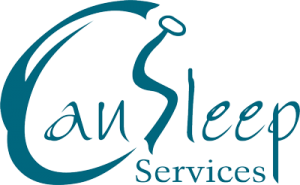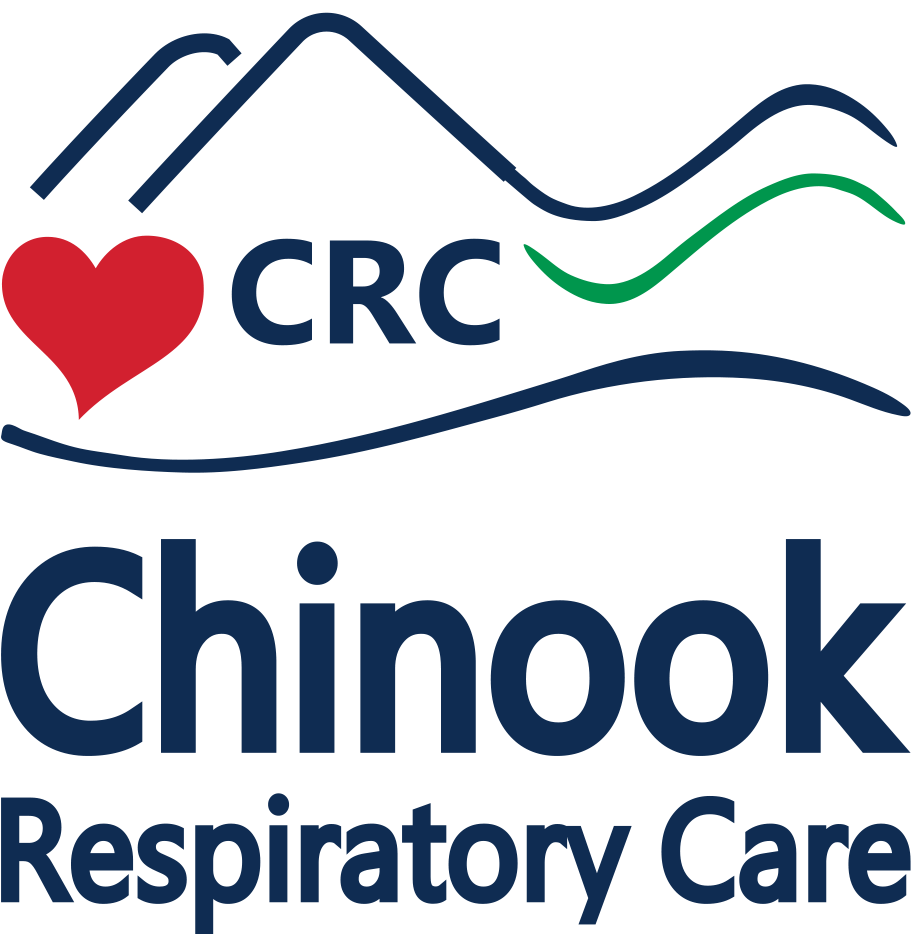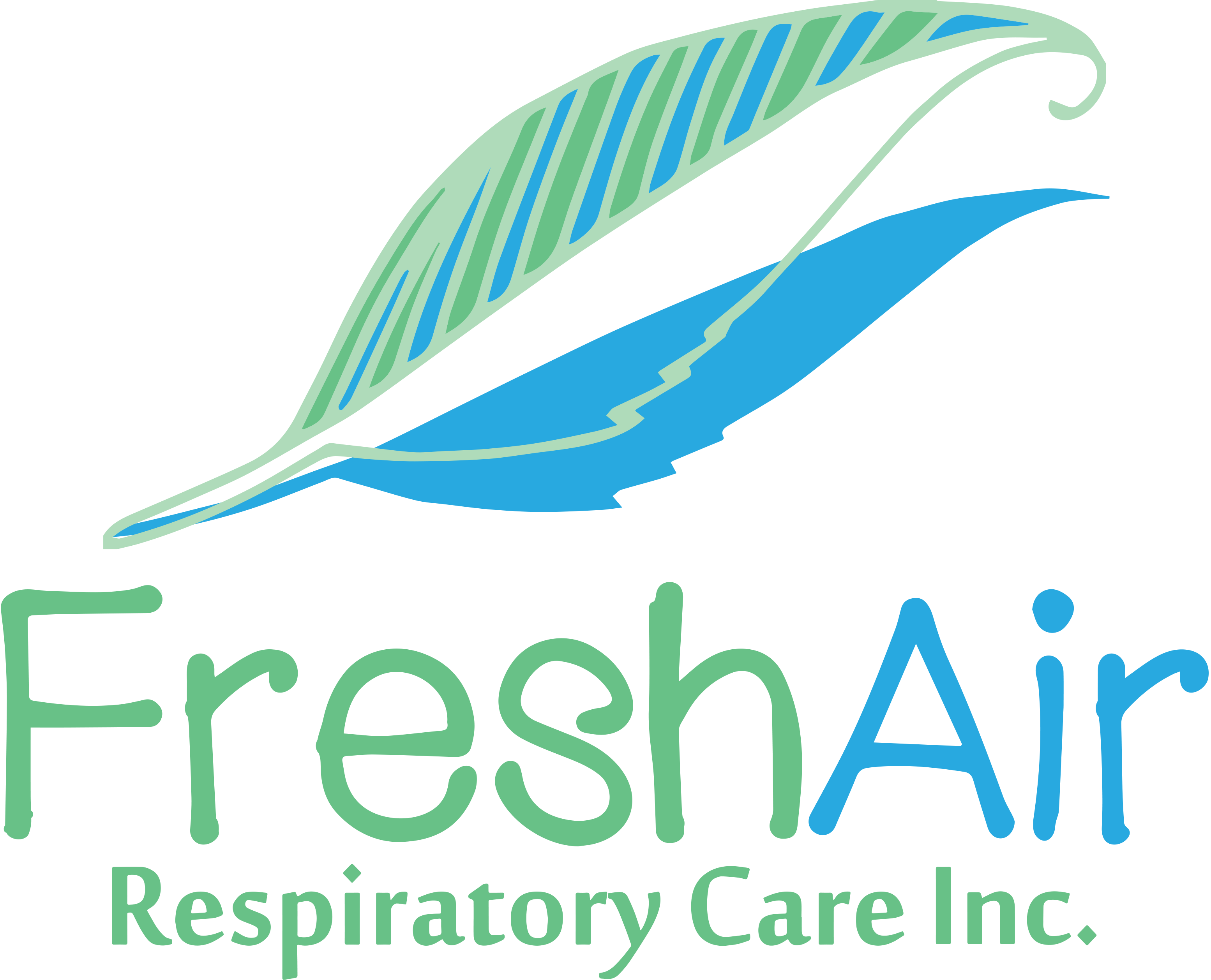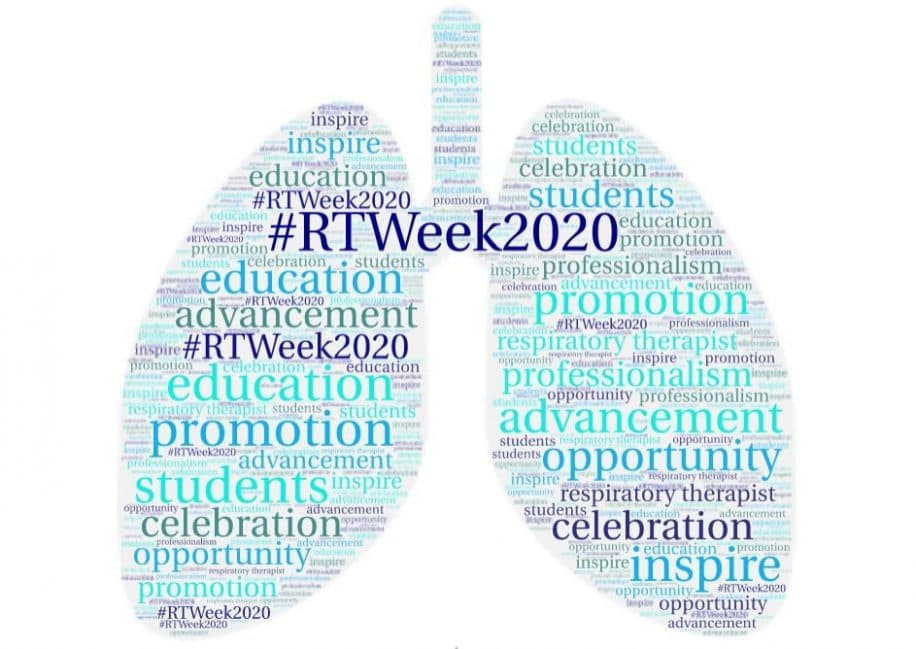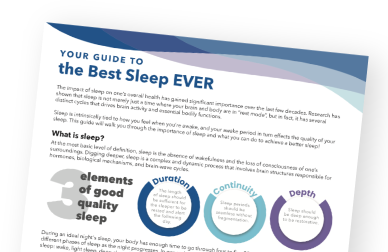Respiratory Therapy Week gives us the opportunity to acknowledge and thank Respiratory Therapists for their expertise and professionalism. This is an annual event that takes place in the last full week of October and is recognized throughout Canada and the United States. Its origin stems back to President Ronald Reagan who declared Respiratory Therapy Week “In recognition, that chronic lung diseases are an important cause of death, ill health, and disability and that respiratory therapy can do much to lessen their effects”.
What is a Respiratory Therapist?
A Respiratory Therapist (RT) is a certified medical professional who specializes in providing care for patients by evaluating, treating, and maintaining heart and lung function. They are educated to treat all age groups, from newborns to elderly.
Where do Respiratory Therapists work?
There are several different settings where you can find respiratory therapists at work including hospitals, urgent care centres, rehabilitation facilities, and health service clinics for pulmonary function and Obstructive Sleep Apnea.
What is the role of a Respiratory Therapist?
Respiratory therapists perform and interpret diagnostic breathing and blood tests, develop respiratory therapy plans, and monitor and evaluate patient progress.
Respiratory therapists also*:
- Help deliver anesthesia in the operating room
- Administer inhaled drugs and medical gases
- Perform testing to measure lung function
- Provide hyperbaric oxygen therapy
- Teach patients to manage a variety of medical conditions
- Provide healthcare in various clinics related to breathing such as obstructive sleep apnea, asthma, emphysema, or cystic fibrosis
How do you become a Respiratory Therapist?
Becoming a respiratory therapist requires graduating from a three or four-year educational program. Included in the instruction is a didactic component in a classroom followed by a clinical practicum in the hospital and home care settings.
Once all the requirements are met, candidates earn the Registered Respiratory Therapist (RRT) credential from their provincial regulatory body (if in a regulated province) or from the Canadian Society of Respiratory Therapists (CSRT) if in a non-regulated jurisdiction.
Ongoing Professional Development
Once becoming a certified Respiratory Therapist, there are further educational requirements to maintain the status. Attending seminars, providing analysis of relevant research, teaching, presentations, and CPR certification are ways in which respiratory therapists can receive credits towards their professional development.
Respiratory Therapists at Aveiro Sleep
At Aveiro Sleep, Respiratory Therapists are an integral component to providing the highest level of service to our patients. This includes providing guidance on home sleep apnea testing, educating patients on obstructive sleep apnea and the effects on overall health, teaching patients how to use CPAP therapy to effectively their obstructive sleep apnea, and providing ongoing monitoring and support.
Thank you to all our Respiratory Therapists – we appreciate and value your knowledge and expertise!
For more information about the respiratory therapy profession, visit the Canadian Society of Respiratory Therapists www.csrt.com.
Aveiro Sleep provides Home Sleep Apnea Testing, CPAP therapy and support services catered to obstructive sleep apnea. Our local clinics allow us to test, treat, and support thousands of Albertans close to their homes.
Call now to speak to a Patient Success Coordinator 1-855-852-2989 or contact us through our online form.


